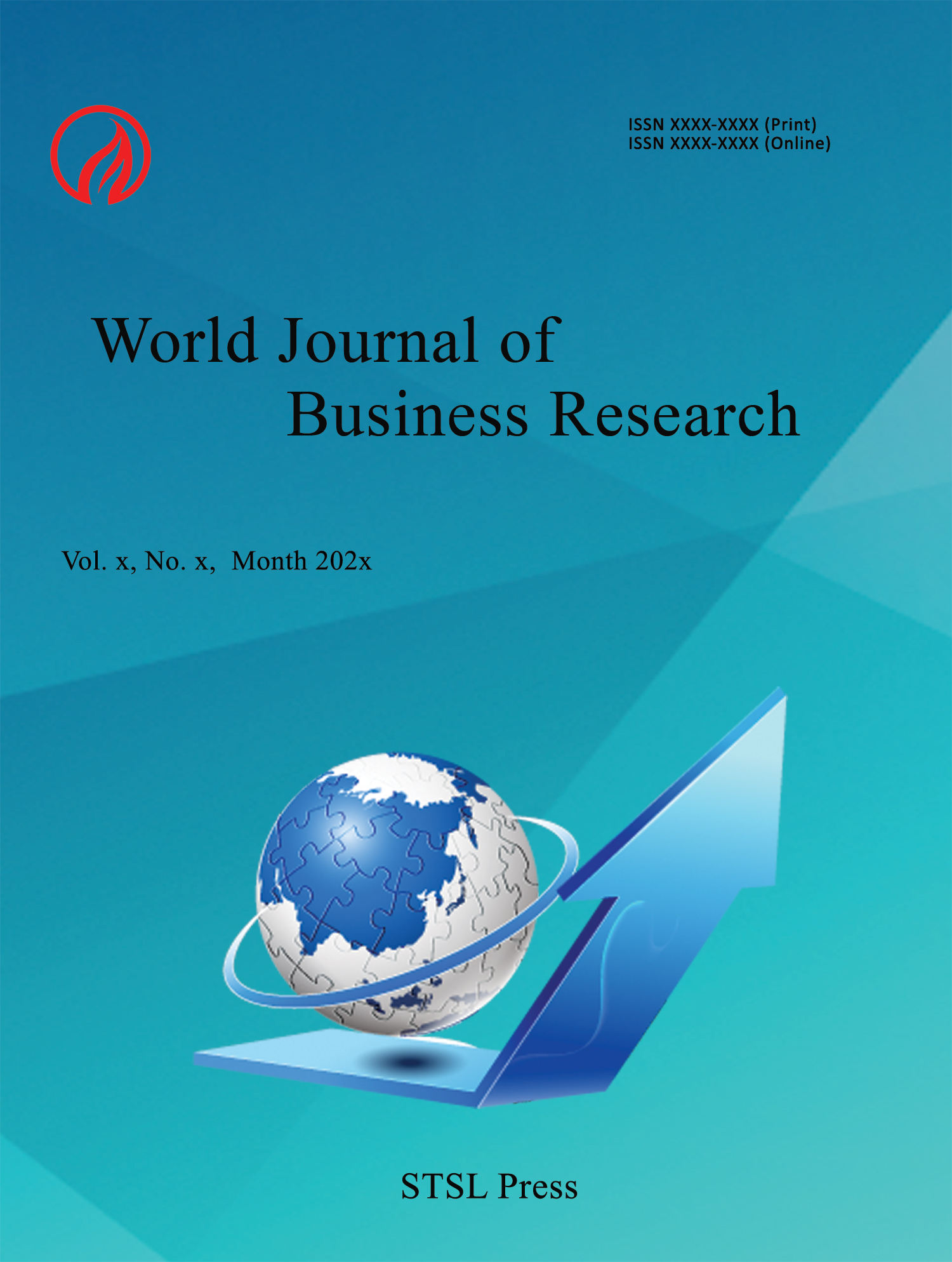Albania Versus Challenges of Covid-19 and Europe Funds
Valbona Cinaj, Ribaj
Abstract
In terms of the economy, Albania has made some progress and is moderately prepared in terms of developing a functioning market economy. Struck by the double shock from the November 2019 earthquake and the COVID-19 pandemic, GDP shrank in 2021, albeit less than originally expected. The global pandemic associated with the pandemic and restrictions on international travel caused significant losses for the tourism and manufacturing sectors, but the economy began to recover in the second half of the year. Within the limited fiscal and monetary policy space available, the government and the central bank took action to support businesses, households, and the health sector. This mitigated the impact on the labor market and maintained the stability of the macroeconomic and financial sectors. It also boosted public debt and deficit ratios and increased the country's vulnerability to external shocks. The Instrument for Pre-Accession (IPA) helps the country prepare to benefit from European funding even after accession. Therefore, the way Albania absorbs these funds is of great importance. Over the years, a number of problems have been encountered which have not resulted in obtaining the maximum benefit for Albania. The problems are mainly related to the inefficiency of the state authorities. There are many legal and bureaucratic obstacles that can delay the implementation of projects. With regard to IPA II, there is a possibility that if the funds cannot be used in a timely manner, they will be transferred to other sectors with the best performance, as well as to other countries in the region if the performance as a whole is not satisfactory.
Paper:
pdf
DOI:
 This work is licensed under a
Creative Commons Attribution 4.0 License.
This work is licensed under a
Creative Commons Attribution 4.0 License.
Contact us
- Colin Garcia
- wjbr@stslpress.org
